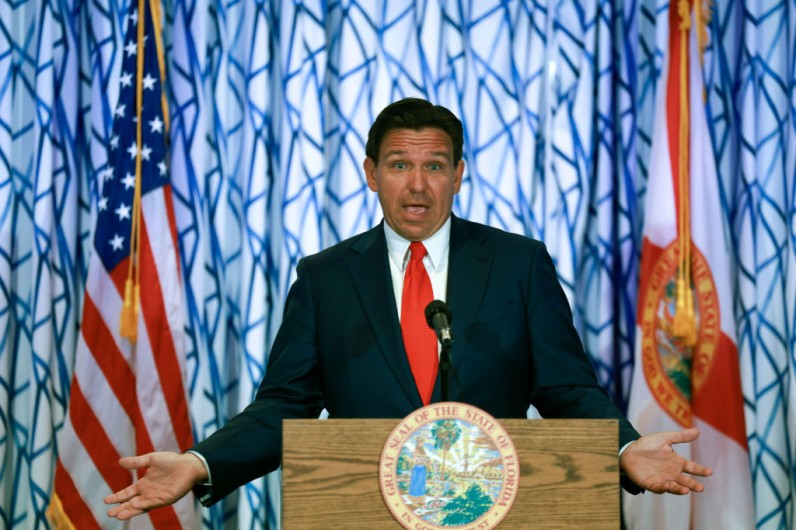Florida Governor Ron DeSantis recently signed SB 1084, a bill that effectively banned the sale of lab-grown meat in the state. The legislation aims to protect the interests of Florida's traditional agriculture sector, particularly its cattle industry.
The move comes amid growing concerns over a conspiracy theory suggesting that "global elites" are pushing for the consumption of lab-grown meat and insects.
Conspiracy Theory-fueled Law?
Governor DeSantis framed the ban as a response to this perceived threat, stating, "Today, Florida is fighting back against the global elite's plan to force the world to eat meat grown in a petri dish or bugs to achieve their authoritarian goals."
Lab-grown meat is produced from animal cells but is not yet widely available to consumers. Only two companies, Upside Food and Good Meat, have received FDA approval for their lab-grown meat products, none of which are currently sold in Florida.
Despite its limited availability, DeSantis maintains that the ban serves as a preemptive measure to maintain traditional agriculture's dominance in the state.
Florida's Commissioner of Agriculture, Wilton Simpson, echoed these sentiments: "Florida is taking a tremendous step in the right direction by signing first-in-the-nation legislation banning lab-grown meat. We must protect our incredible farmers and the integrity of American agriculture."
However, The Verge tells us that the ban is based on unfounded conspiracy theories and is not grounded in reality. More reports suggest that lab-grown meat poses no immediate threat to Florida's farmers, as the nascent industry is still in its early stages of development.
Furthermore, the ban has been associated with the "Great Reset" conspiracy theory, which gained traction in 2020 and links sustainable development initiatives like insect farming pushed by the World Economic Forum to a supposed globalist agenda.

More Support for Rural Farming
Beyond the ban on lab-grown meat, Florida has implemented various measures to bolster its agriculture industry. These include modernizing farming laws, protecting farmland through programs like the Rural and Family Lands Protection Program, and investing billions of dollars into agricultural initiatives.
Additionally, the state has allocated funds to support job creation and infrastructure development in counties with strong agricultural sectors. For instance, Governor DeSantis recently awarded $6 million to Hardee County to develop an industrial site and create job opportunities there.
While DeSantis argues that the ban protects traditional farming practices, critics view it as a misguided attempt to combat an imaginary threat.







Join the Conversation